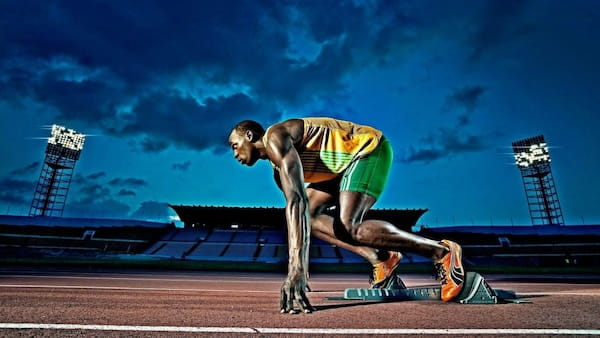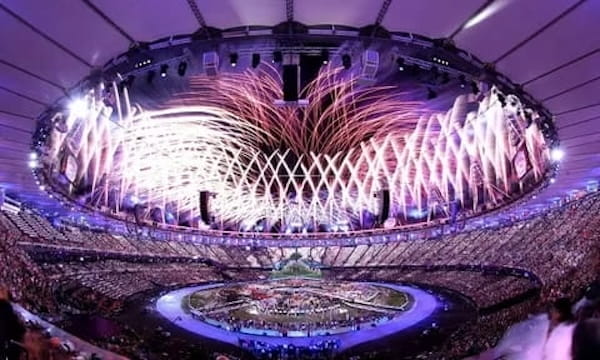Olympics Then & Now: How Have the Games Changed?
The Olympics are the zenith of worldwide games, joining competitors and fans overall at regular intervals. From their old roots to the cutting-edge display we know today, the Olympics have gone through a sensational change.
With the expansion of new occasions like breaking at the Olympics 2024, the Games keep on developing.
1. The Beginnings of the Olympics
-
The Olympics follow back to 776 BCE in old Greece, held in Olympia as a strict celebration regarding Zeus. These Games included only a small bunch of occasions like running, wrestling, and plate tossing. Not at all like today, the competitors contended exposed (indeed, you read that right) as a recognition for the divine beings and to grandstand actual greatness.
-

-
In those days, the Olympics weren't just about athletic ability. They were a festival of Greek solidarity and culture, in any event, stopping battles however long the Games might last.
2. Revival and Modern Olympics
Quick forward to 1896, when Frenchman Pierre de Coubertin resuscitated the Olympics in Athens. This is undeniably the start of the cutting-edge period, with an emphasis on beginner competitors and sportsmanship. The primary current Olympics included just 14 nations and 43 occasions — an unmistakable difference from the worldwide behemoth it has become.
-
Large Changes:
The presentation of female competitors in 1900.
-
The Colder time of year Olympics in 1924, celebrated sports like skiing and ice hockey. The inclusion of televised events in 1936, brought the Games into homes worldwide.
3. Diversity in Sports: From Running to Breaking
Perhaps one of the main changes in the Olympics is the consistently extending arrangement of sports. While the old Games adhered to a couple of center occasions, the present Olympics celebrate more than 300 disciplines, going from swimming to BMX.

-
Breaking Olympics 2024:
The consideration of breaking Olympics 2024(otherwise known as breakdancing) at the 2024 Paris Olympics features the Games' versatility.
-
Breaking consolidates physicality, inventiveness, and social importance, overcoming any issues among sports and workmanship. It's verification that the Olympics aren't just about custom — they're tied in with reflecting current interests.
4. The Role of Technology
Technology has revolutionized the Olympics, making them safer, fairer, and more exciting:
-
• Instant Replay & VAR: Ensures accurate judgments in tight competitions.
-
• Wearable Tech: Tracks athletes’ performance and health metrics.
-
• Virtual Viewing: Allows fans worldwide to experience the Games in 4K, VR, or even via live-streamed TikToks.
At the Olympics 2024, we expect more interactive fan experiences, from augmented reality stats to behind-the-scenes athlete vlogs.
5. From Exclusivity to Global Inclusion
In ancient times, the Olympics were exclusively for Greek men. Women couldn’t even attend as spectators!

-
• Paralympics: Introduced in 1960 with grandstand the gifts of in an unexpected way abled competitors.
-
• Youth Olympics: Sent off in 2010 to rouse the future.
-
• Gender Equity: The 2020 Tokyo Olympics included almost half female competitors, a historic accomplishment.
6. Spectators Then & Now
In ancient Greece, spectators traveled days to watch the Games live in the stadium. Fast forward to the 21st century, and billions tune in globally through screens.
-
Breaking Olympics 2024 Spotlight:
With metropolitan games like breaking, skating, and 3x3 ball drawing in more youthful crowds, the Games are staying aware of developing watcher inclinations. Anticipate garish schedules, siphoned-up groups, and online entertainment publicity!
-
From the exposed sprinters of old Greece to breakdancers fighting it out in Paris, the Games have made considerable progress. With occasions like breaking, making their introduction at the Olympics 2024, the fate of the Games looks more splendid — and cooler — than at any other time.
